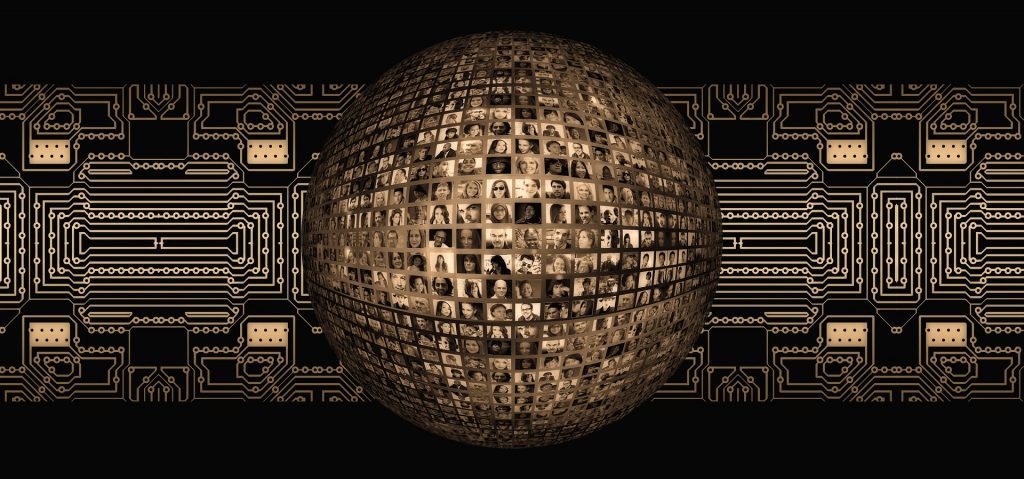Unicode: Linguistic Diversity in Digital Writing Spaces

In the final project, I am presenting a brief explanation of the Unicode standard and the encoding problem it has come to solve throughout tracing the history of encoding systems and the various waves of the technological innovation. In what follows, I shed light on the cultural and educational implications, especially, that Unicode has opened up a borderless world in the multilingual internet project and is seen as a potential player in preserving dead and endangered languages. However, since Unicode is not a final product, work under progress, I believe, meanwhile, not all transformations can be realized or assessed comprehensively.
I want to highlight that as a computer engineer, my education about Unicode included a lot of Math and technological aspects but little about the history or the philosophical or political aspects of Unicode. This is a great flaw for most computer science and engineering fields. We devote all the efforts on what works and what to modify or innovate for tomorrow, but we learn little about what came before or how technologies impact human lives and essentially their cultures and education. I spent long hours tracking these aspects and discovered that Unicode is more than a technology. I described it to a “sociolinguistic system” in my final section due to its prominent implication on the digital communication and access. Finally, I want to note that Unicode is a rich subject matter that is hard to cover within time constraints. I had to omit so much of what I learned along my research journey to fit into the assignments’ requirements. Below is the link to my project entitled “Unicode: Linguistic Diversity in Digital Writing Spaces.”
Click here to download the original file (.docx)
